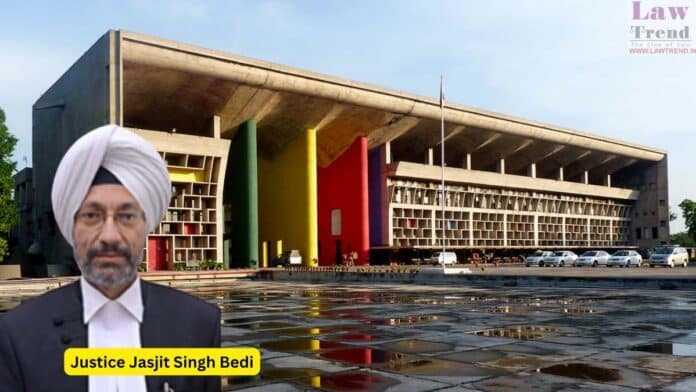The Punjab & Haryana High Court, in a crucial judgment, held that merely being named in a suicide note does not establish guilt under Section 306 of the Indian Penal Code (IPC), which deals with the abetment of suicide. The court quashed the First Information Report (FIR) against the accused, Sunil Chauhan, and others, emphasizing
To Read More Please Subscribe to VIP Membership for Unlimited Access to All the Articles, Download Available Copies of Judgments/Order, Acess to Central/State Bare Acts, Advertisement Free Content, Access to More than 4000 Legal Drafts( Readymade Editable Formats of Suits, Petitions, Writs, Legal Notices, Divorce Petitions, 138 Notices, Bail Applications etc.) in Hindi and English.




